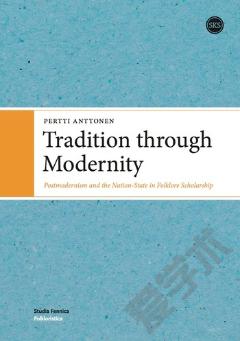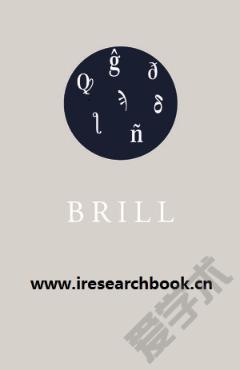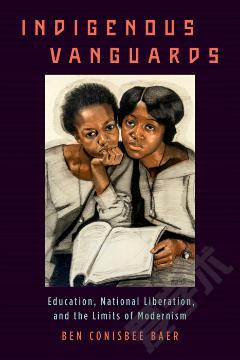Tradition Through Modernity —— Postmodernism and the Nation-State in Folklore Scholarship
----- 透过现代化的传统:后现代化和国家的民间学术
When studying social practices that are regarded as traditional, 'tradition' is usually seen as an element of meaning. Whose meaning is it? Is it a meaning generated by those who study tradition or those who are being studied? In both cases, particular criteria for traditionality are employed, whether these are explicated or not. The individuals, groups of people and institutions that are studied may continue to uphold their traditions or name their practices traditions without having to state in analytical terms their criteria for traditionality. This cannot, however, apply to people who make the study of traditions their profession, especially those engaged in the academic field of the 'science of tradition,' a paraphrase given to folklore studies. Traditions call for explanation, instead of being merely described or used as explanations for apparent repetitions, reiterations, replications, continuations or symbolic linking in social practice, values, meaning, culture, and history. In order to explain the concept of tradition and the category of the traditional, scholars must situate its use in particular historically specific discourses -- ways of knowing, speaking, conceptualisation and representation -- in which social acts receive their meanings as traditional.
{{comment.content}}








 京公网安备 11010802027623号
京公网安备 11010802027623号